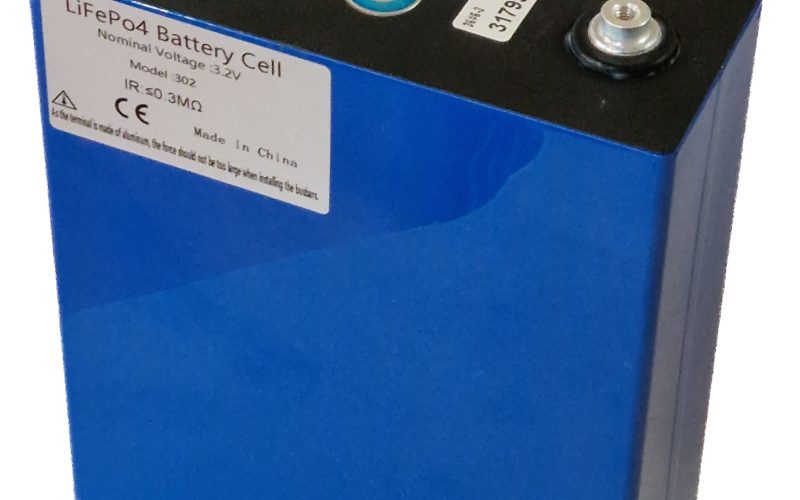In the quest for sustainable and efficient energy storage solutions, lithium iron phosphate (LiFePO4) batteries have emerged as a revolutionary technology. These batteries offer a myriad of advantages, ranging from enhanced safety to longer lifespan, making them a promising candidate for a wide array of applications. In this blog post, we will delve into the world of Lithium iron phosphate battery exploring their features, benefits, and the potential they hold for reshaping our energy landscape.
Understanding Lithium Iron Phosphate Batteries:
- Chemistry behind the Power: Lithium iron phosphate batteries belong to the family of lithium-ion batteries, utilizing lithium ions to shuttle between the anode and cathode during charge and discharge cycles. The key component in LiFePO4 batteries is the iron phosphate cathode, which provides stability and safety.
- Safety First: One of the standout features of lithium iron phosphate batteries is their robust safety profile. Unlike some other lithium-ion batteries, LiFePO4 batteries are less prone to thermal runaway reactions, making them inherently safer. This characteristic is especially crucial in applications where safety is a top priority, such as electric vehicles and renewable energy systems.
- Extended Cycle Life: Lithium iron phosphate batteries exhibit an impressive cycle life, meaning they can endure a high number of charge and discharge cycles without significant degradation. This longevity makes them ideal for applications where sustained performance over an extended period is essential, such as in stationary energy storage for solar power systems.
- Fast Charging Capability: LiFePO4 batteries are known for their fast charging capabilities. The design of these batteries allows for efficient and rapid charging, reducing the downtime for devices or systems reliant on them. This feature is particularly advantageous in the automotive sector, where quick charging is a critical factor for widespread adoption of electric vehicles.
- Environmental Friendliness: The materials used in lithium iron phosphate batteries are environmentally friendly and pose fewer concerns in terms of resource scarcity and toxicity. As the world increasingly pivots towards sustainable practices, the eco-friendly nature of LiFePO4 batteries positions them as a responsible choice for energy storage.
Applications of Lithium Iron Phosphate Batteries:
- Electric Vehicles (EVs): LiFePO4 batteries are gaining traction in the electric vehicle market due to their safety, long cycle life, and fast-charging capabilities. The automotive industry is actively exploring these batteries as a reliable and sustainable power source for the future of transportation.
- Renewable Energy Storage: As the demand for renewable energy sources grows, so does the need for efficient energy storage solutions. Lithium iron phosphate batteries are increasingly being employed in stationary energy storage systems for solar and wind power, providing a reliable and eco-friendly way to store excess energy.
- Consumer Electronics: The consumer electronics industry has also embraced LiFePO4 batteries, leveraging their safety and durability for various applications, including smartphones, laptops, and other portable devices.
